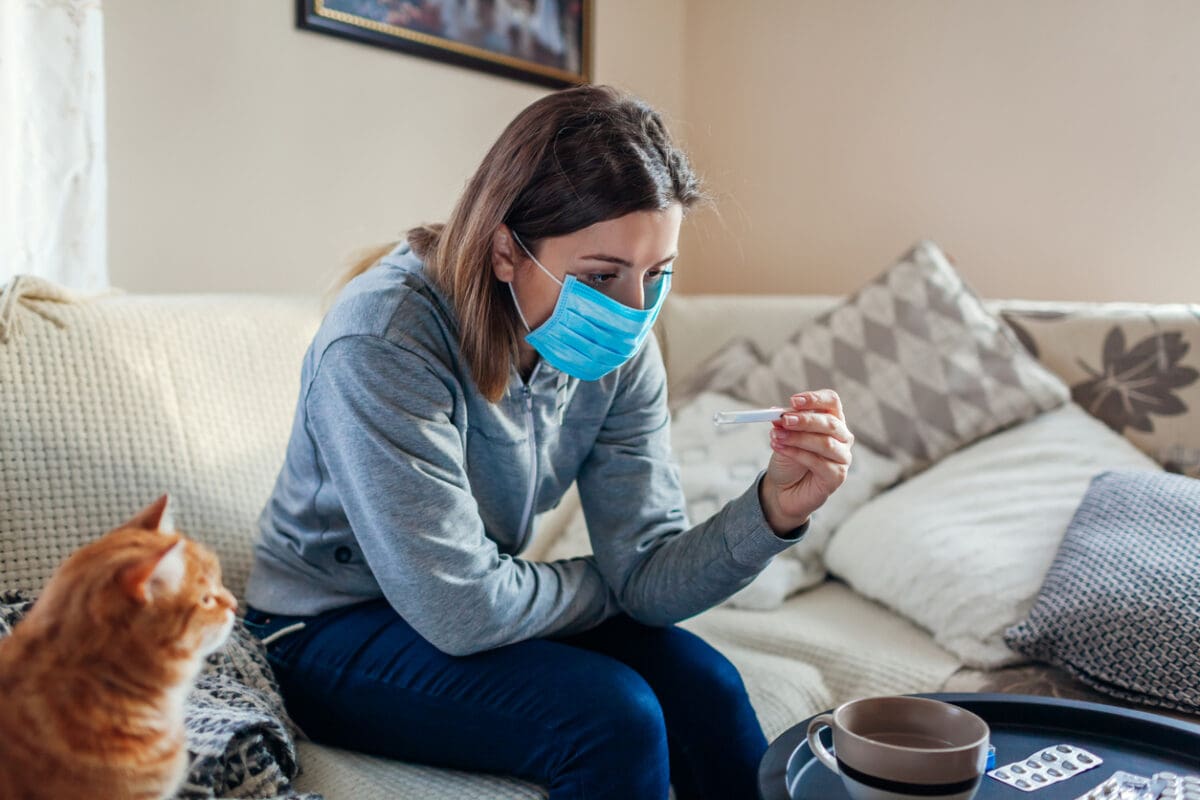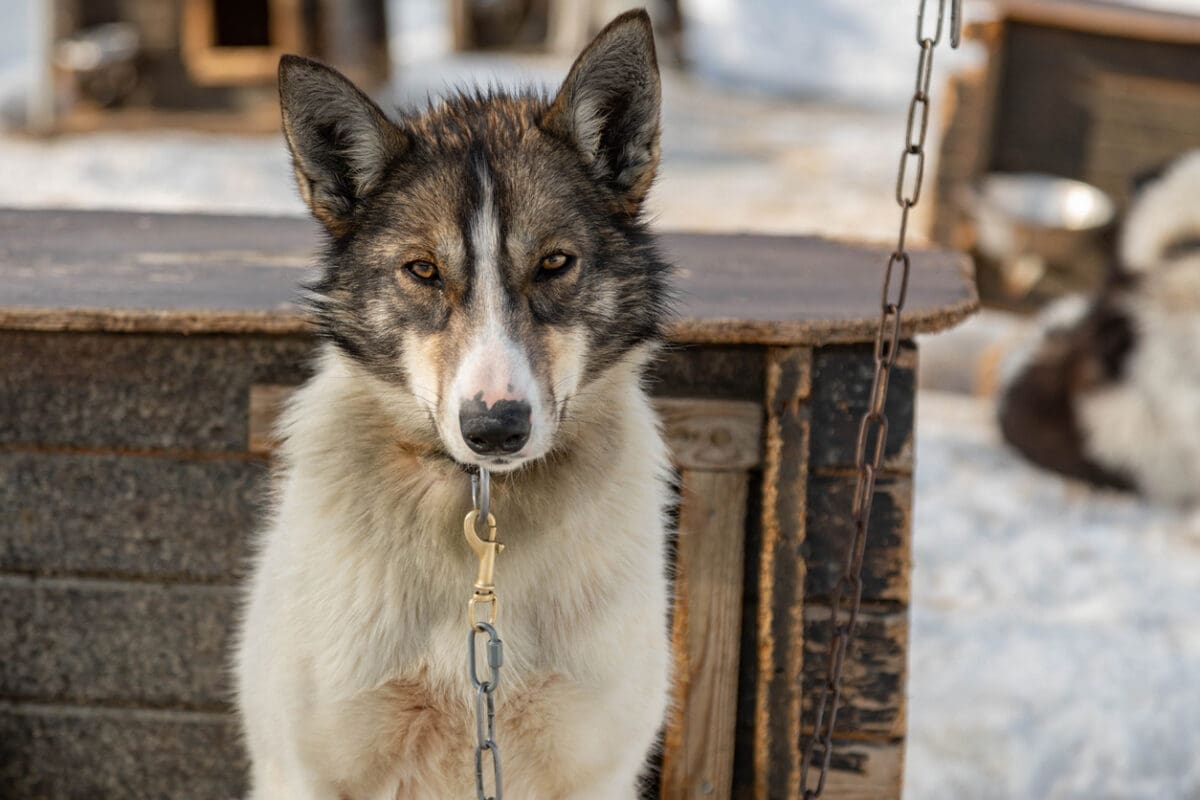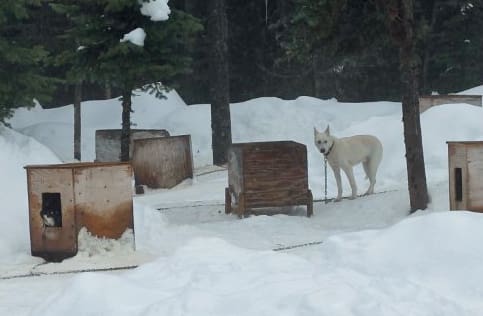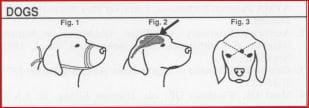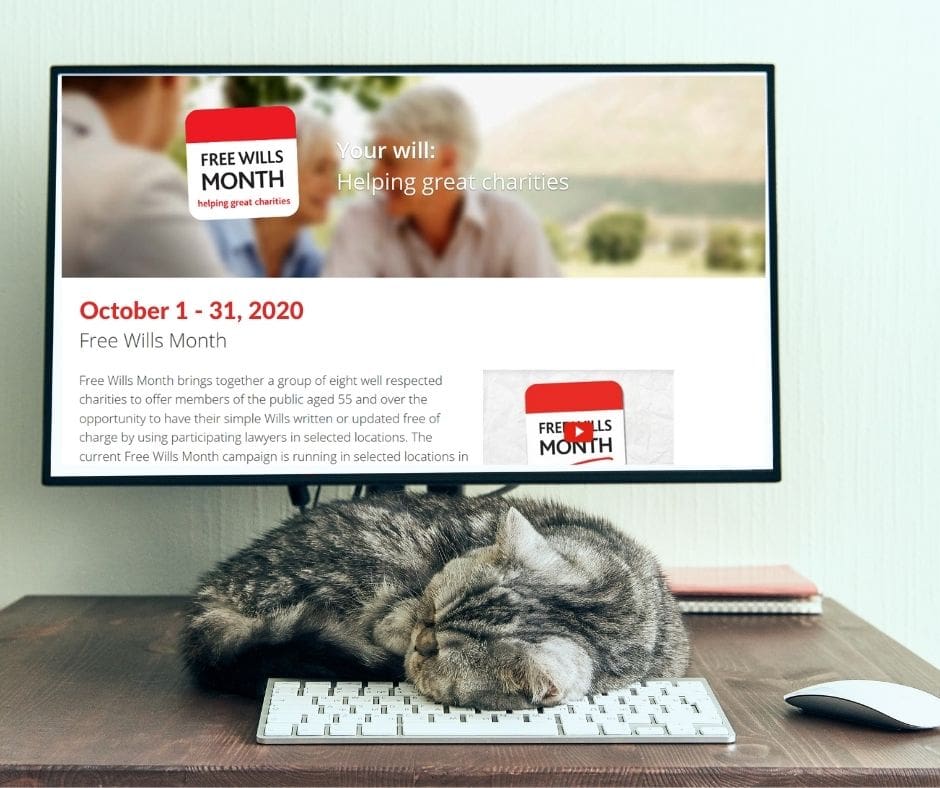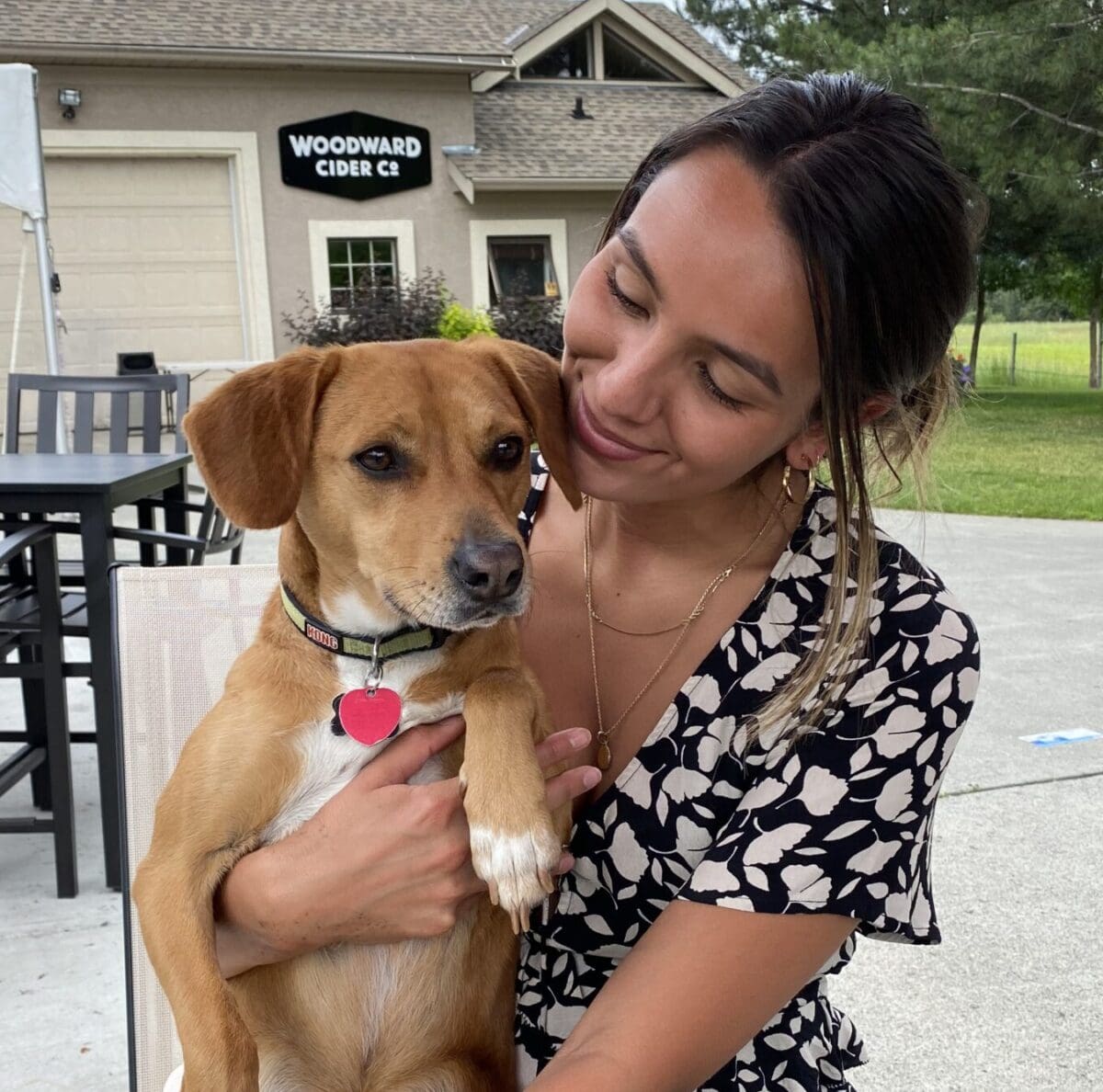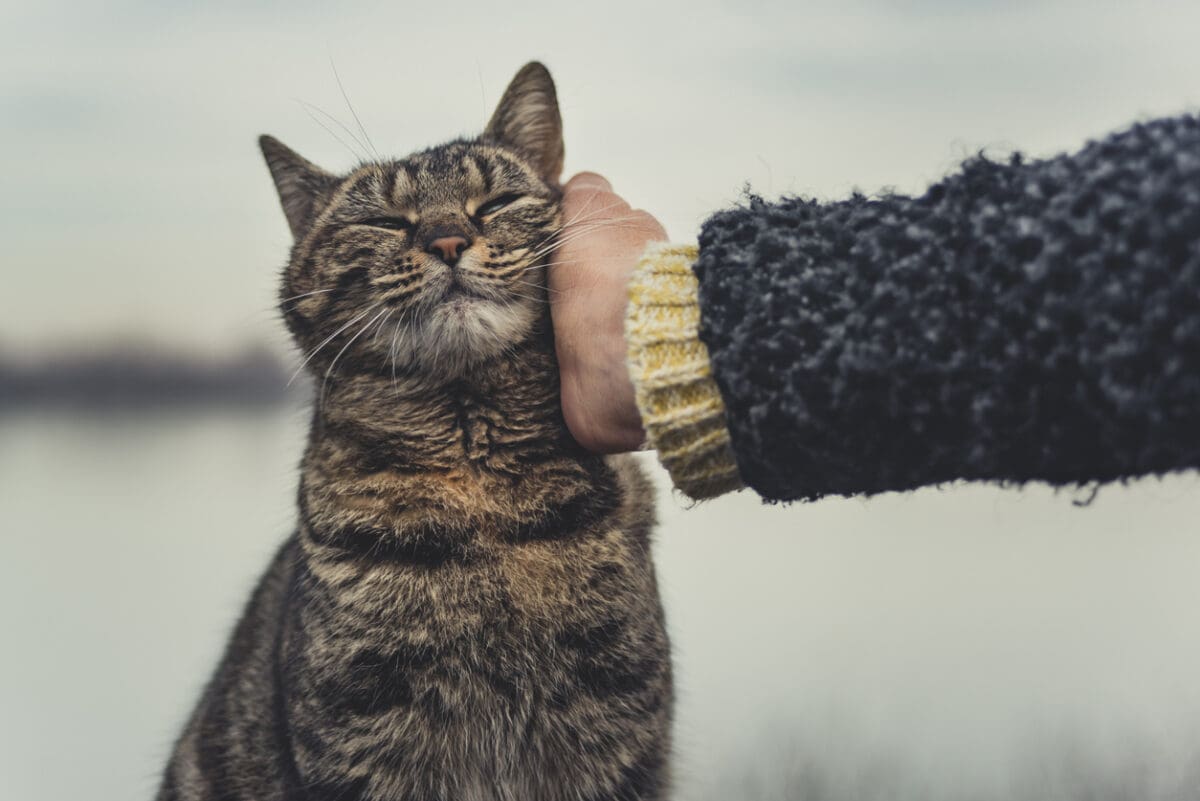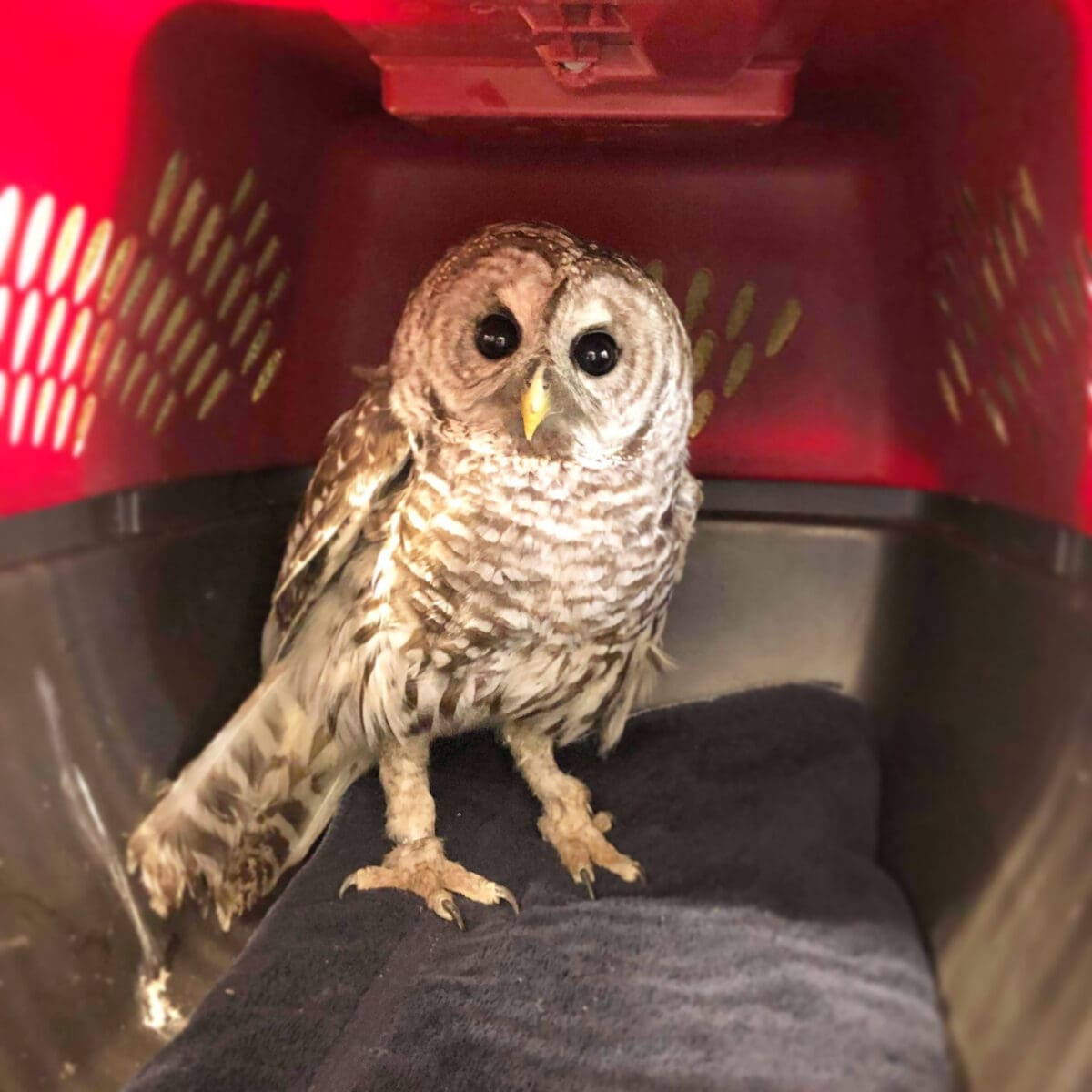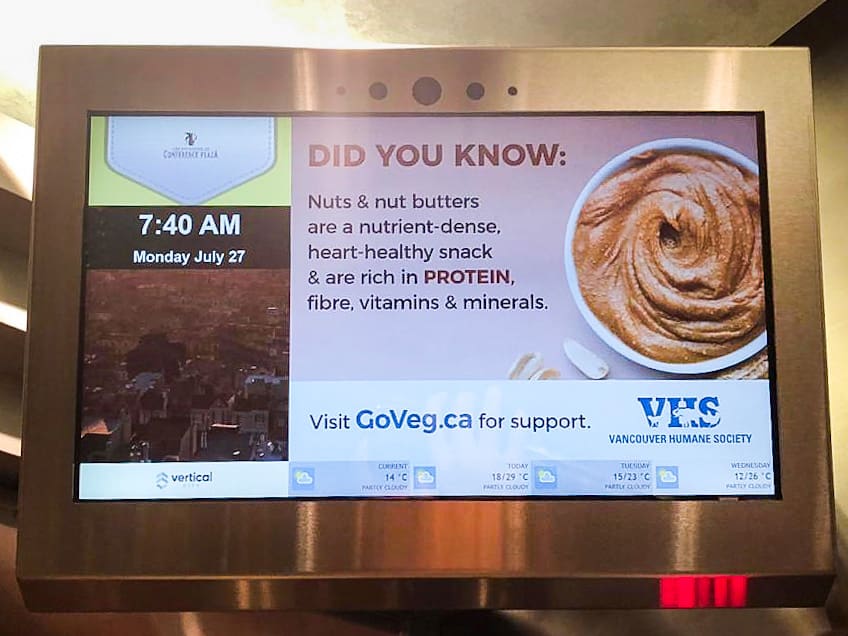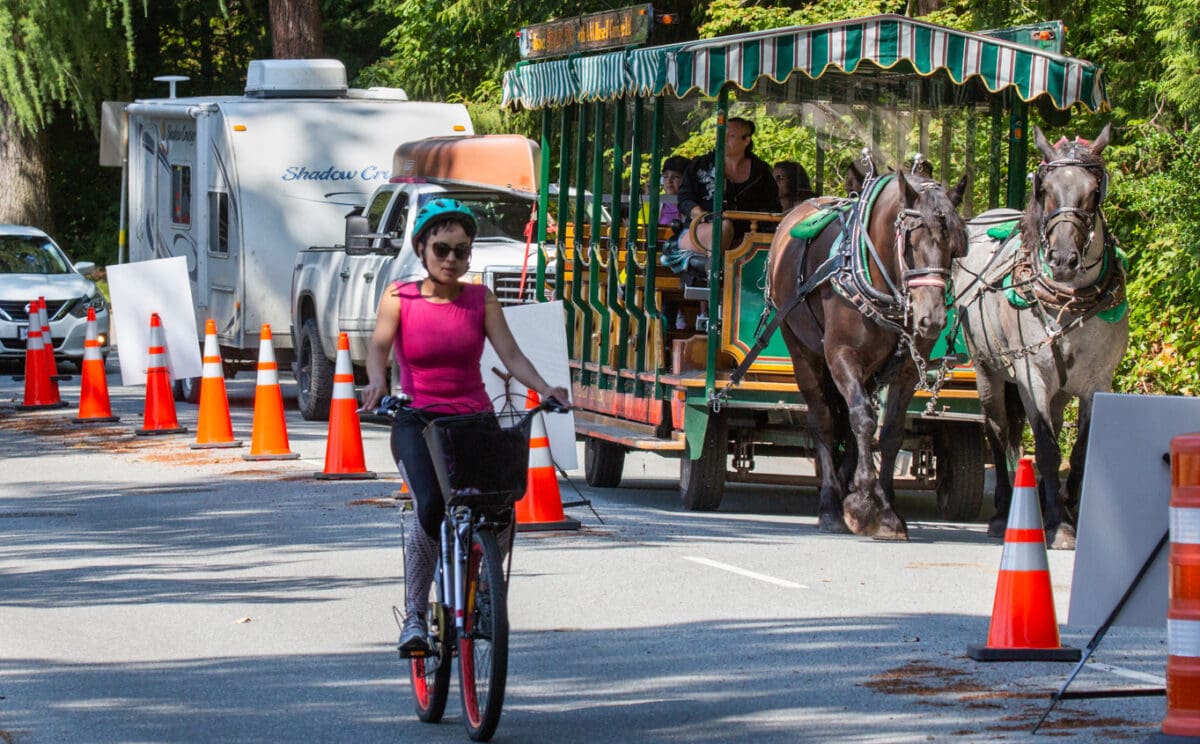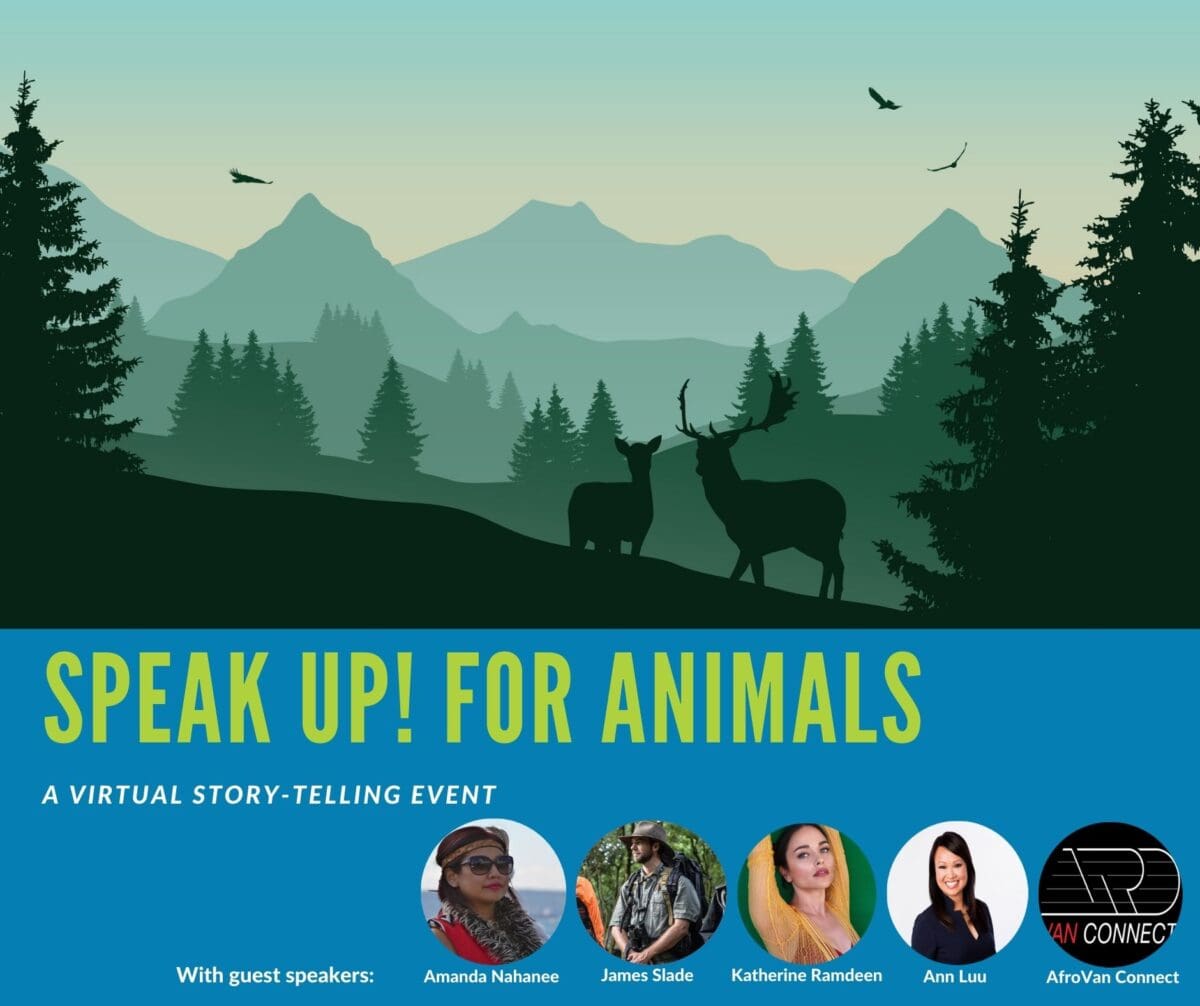Article originally published in The Georgia Straight.
Life for pigs on Canada’s factory farms was set to change for the better thanks to a hard-won animal-welfare reform that would end the continuous confinement of pregnant sows in inhumane “gestation stalls”.
But Canadian pig farmers are saying, “Not so fast.”
The Canadian pig-farming industry made a commitment in 2014, as outlined in the industry’s Code of Practice for the Care and Handling of Pigs, to end the continuous use of gestation stalls and to transition toward group housing (which allows pigs to move more freely) by 2024.
The stalls confine sows so tightly that they are unable to engage in natural behaviours or even turn around.
Now the industry is pushing to delay the phase-out of gestation crates to 2029, citing lack of preparedness and financial difficulties. Despite being given 10 years to make the transition, the industry says it’s incapable of meeting its commitment by 2024.
If the delay is granted by the National Farm Animal Care Council (NFACC), the industry-dominated body that oversees codes of practice for the care and handling of pigs, it will result in hundreds of thousands of pregnant pigs continuing to suffer in the cramped stalls.
In 2014, the Retail Council of Canada, which represents major grocery retailers in Canada, supported the planned transition away from gestation stalls, saying it was committed to “sourcing pork products from sows raised in alternative housing practices as defined in the updated Codes by the end of 2022”.
It’s now unclear whether the council will stand by its commitment.
Animal-welfare scientists, veterinarians, and other experts have described gestation stalls as extreme animal confinement and the equivalent to living in an airline seat.
Ian Duncan, emeritus chair in animal welfare at the University of Guelph, has stated: “In my opinion, the practice of keeping sows in gestation crates for most of their pregnancy is one of the cruelest forms of confinement devised by humankind. Sows are intelligent, inquisitive animals who naturally spend their time rooting, foraging, and exploring their environment. When kept in extensive conditions, sows engage in a wide variety of behaviour and lead a rich social life. All of this is completely denied them by gestation crates and leads to enormous frustration.”
And it seems the public agrees with that opinion. A 2013 Environics poll revealed that 84 percent of Canadians support a complete phase-out of gestations stalls.
The European Union announced a ban on sow stalls in 2013, allowing an 11-year phase-out period and exemptions for the first four weeks of a sow’s pregnancy. Currently, 10 states, including Florida, Ohio, and Arizona, have voter-approved statutes that ban gestation crates on commercial farms.
The pork industry in Canada essentially made a promise to end the cruel practice of extreme long-term confinement. Perhaps they think Canadians will not hold them to that promise as they quietly kick their ethical responsibilities into the future, hoping no one will notice. But such a calculation will only erode trust in the industry.
A 2018 Canadian Centre for Food Integrity survey showed that only 31 percent of respondents agree that Canadian meat is derived humanely from farm animals, and 61 percent are unsure. Public trust, accountability, and transparency in our food system is important to Canadians, and the pork industry must uphold its commitment to consumers to end the use of gestation stalls by 2024. It made a promise and it should keep it.
The public can comment on the National Farm Animal Care Council’s proposed amendments to the Code of Practice for the Care and Handling of Pigs here. The deadline is November 19.

